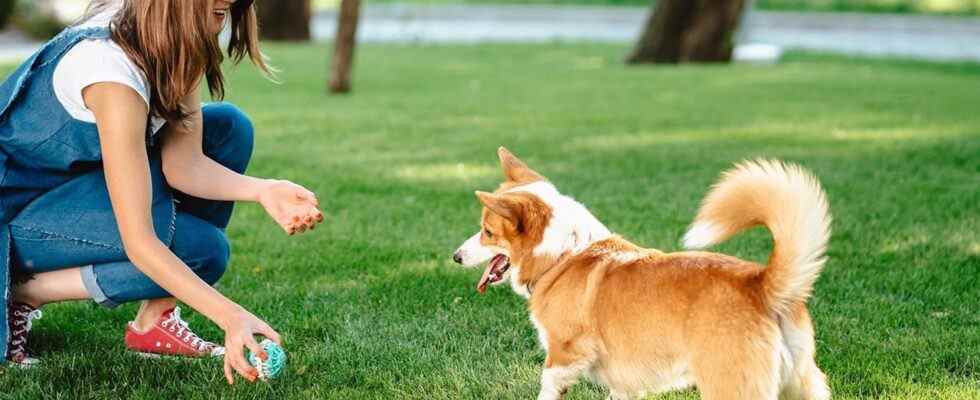A new study finds people who relax in nature your dogs over-fertilize the ecosystem and damage to biodiversity revealed why. The study, published in a peer-reviewed biology journal, is based on surveys of pet density in four nature zones in Ghent, Belgium.
Although the findings, published in the journal Ecological Solutions and Evidence, were tested in Belgium, a bioengineer from the University of Ghent and author of the study Peter De FrenneHe said the situation is similar at other reserves close to cities in Europe and the US.
“Pet excrement is killing biodiversity” warning
Pieter De Frenne, author of the study, said dog feces and urine are likely to release significant levels of phosphorus and nitrogen into the environment, which are powerful fertilizers. The amount of food that can be released into the environment depends on how often dogs go to the toilet, how much feces and urine phosphorus and nitrogen evaluated from an estimate of how rich it is in terms of

De Frenne says, “When there is too much nitrogen in the soil, only a number of competitive plants can cope. These plants can overwhelm other plants over time. orchids is a typical example. They are unrivaled and disappear from the ecosystem.” said.
Assuming that pet owners do not ingest the feces, dogs release about 11 kg of nitrogen and 5 kg of phosphorus per 2.47 acres (1 hectare) per year. This means that dogs can greatly increase the amount of nitrogen that can enter the ecosystem. For most ecosystems, this level should be 20 kg per hectare per year, according to De Frenne.
In a statement accompanying the study, the authors Agriculture and from traffic He said air pollution caused by air pollution releases between 5 and 25 kg of nitrogen per 2.47 acres (1 hectare) per year. De Frenne stated that park managers have a great job to reduce the burden on biodiversity. An example would be the introduction of more off-leash dog parks in areas with less sensitive ecosystems.
De Frenne says, “Dog owners can also encourage their dogs to go to the toilet before taking them to the park or spread of contamination prevent can keep them on a leash. At the very least, feces should be collected so that 97% of the phosphorus and half of the nitrogen is extracted from nature.” said.
